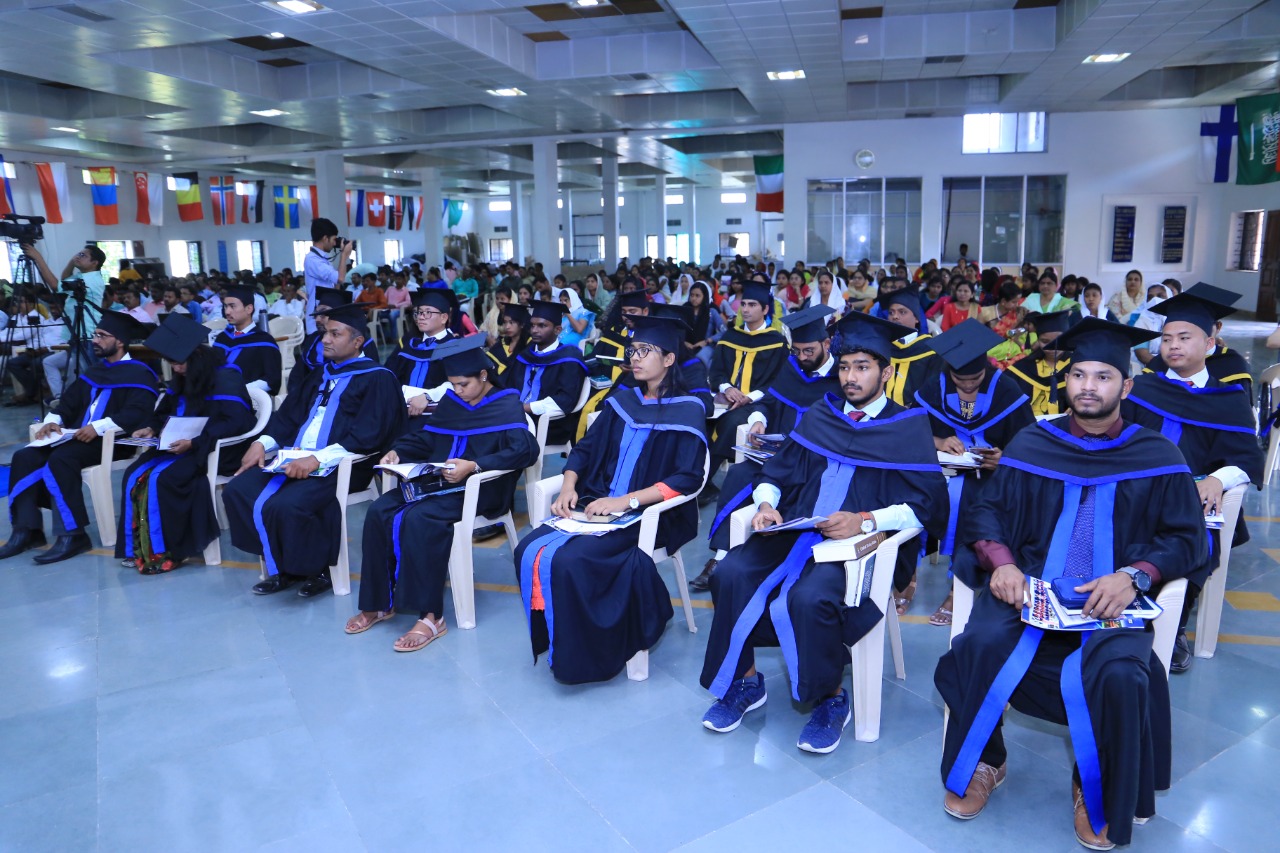
MASTER OF DIVINITY
Purpose and Nature: Programs granting the Master of Divinity degree are designed primarily to qualify graduates to function as principal leaders or ministers. As a graduate level program, it requires the student to develop and demonstrate critical thinking and dialogic skills, including the ability to identify and critique theological and moral discourse; the ability to frame cogent arguments; the ability to test ideas for biblical fidelity and contextual appropriateness; and the ability to communicate ideas effectively in oral or written dialogue. Completion of the degree program will include the substantial achievement of a holistic graduate profile appropriate to this award level.
Entrance Qualifications:
Successful completion of any Bachelor-level degree for entry into 90-credit MDiv programs and a Bachelor of Theology (or equivalent) with a B grade for entry into 60-credit MDiv programs
In special cases, mature candidates (30 and above) who have not completed a Bachelor degree may be admitted upon successful completion of a qualifying assessment at Bachelor level.
Graduation Requirements: The student passes an assessment of his or her achievement of the graduate profile for this award. The assessment includes the following:
Successful completion of 60 credit units for theological Bachelor-degree holders with a GPA of B or above, or successful completion of 90 credit units for non-theological Bachelor degree holders,
Ministry involvement that meets set requirements, and
Character and spiritual development that meets set requirements/standards.
Library and Learning Resources: Adequate and relevant resources, including access to appropriate online resources and databases and to major periodicals, are available to all students to support each area of the curriculum. These resources enable students to achieve mastery in each of the subjects taught.
Areas of Study: Bible & Exegesis, Languages, Church History, Theology/Ethics, Practical Theology (Ministry-related courses: Pastoral, Missions, Christian Education), Religions, and Culture (A thesis or field project may be required.).